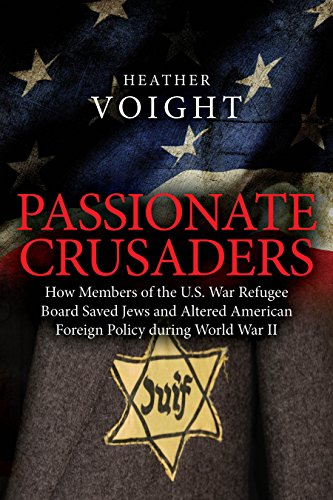Ken Burns’s documentary The U.S. and The Holocaust has not finished its run on PBS. Nevertheless, the content that has aired is biased toward both the United States and President Franklin Roosevelt.
The documentary states that the United States took in more Jewish refugees than any other sovereign nation during the Nazi era. As Dr. Rafael Medoff asked in his September 13, 2022 article in The Jerusalem Post, why didn’t Burns simply use the word country instead of sovereign nation? Because, though it was not a sovereign nation, Palestine let in more Jews than the U.S. Of course, if you’re not paying attention to the very careful wording, you might assume that the U.S. was more generous toward Jewish refugees than any other land. Interestingly, as Medoff notes, the statement is false even with the words “sovereign nation.” The Soviet Union, a sovereign nation, allowed more Jews in than the U.S.
The other major problem with the documentary is its favoritism towards FDR. Viewers are repeatedly told that there was nothing FDR could have done for the Jews because, well, insert excuse. Because Congress wouldn’t approve higher immigration quotas. Because even Jews close to FDR could not decide whether having him make a statement on Nazi atrocities would help or hurt Jews in Europe. Historian Deborah Lipstadt states that it was not as though FDR could have “snapped his fingers” and helped the Jews of Europe himself. After all, there was “plenty of blame to go around.”
Yet in 1944 FDR did the equivalent of snapping his fingers and helping Jews. He accomplished this by signing an executive order that created the War Refugee Board. The War Refugee Board had the power to “rescue the victims of enemy oppression who are in imminent danger of death.” As I explain in my book Passionate Crusaders, the WRB’s members provided physical rescue and humanitarian relief to thousands of persecuted people, though they were not all Jewish. Hard numbers are difficult to come by, but there is no question that if FDR had established the WRB earlier, more Jews would have survived the Holocaust.

As a result of my disagreements with Ken Burns’s documentary, I am making my book Passionate Crusaders FREE on Amazon Kindle from today, September 20th to September 24th.
Link to my book: https://amzn.to/1GDI2qq
Link to Dr. Medoff’s article: https://www.jpost.com/opinion/article-716987
